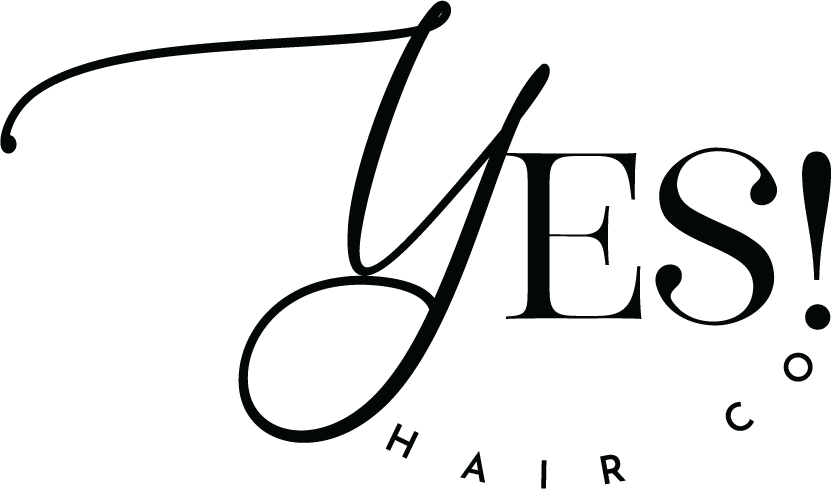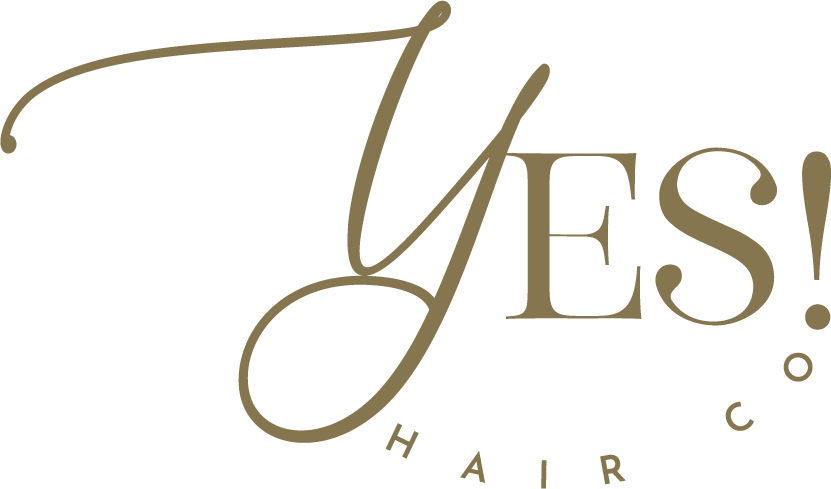How your age contributes to hair growth
Texture Changes with Age
As we age, changes in hair texture are common. Hair follicles produce less melanin, leading to graying, and the oil glands may produce less sebum, resulting in drier hair. Additionally, hair can become finer, and the growth rate may slow down. These changes are influenced by genetic factors, hormonal shifts, and environmental exposure over time. Proper care, such as using moisturizing products and a nutrient-rich diet, can help maintain healthier hair as we age.
Age & Hair Growth Cycle:
Age can impact the hair growth cycle. As people age, the anagen phase (active growth) may shorten, leading to slower hair growth. Additionally, the telogen phase (resting) may lengthen, causing more hairs to enter the shedding phase simultaneously. These changes contribute to reduced hair density and potential thinning.
Hormonal Influence:
Hormonal fluctuations, particularly during menopause or andropause, play a role in altering the hair growth cycle. While genetics largely influence these changes, maintaining a healthy lifestyle and addressing nutrient deficiencies can support optimal hair growth even as the growth cycle shifts with age.
Nutritional Factors:
Nutrition plays a crucial role in maintaining healthy hair, and deficiencies can contribute to hair loss, especially with age. Key nutrients for hair health include:
- Protein: Essential for hair structure, a lack of protein can lead to weakened strands and hair loss.
- Iron: Iron deficiency, common in older adults, may result in hair shedding. Ensure an adequate intake of iron-rich foods or supplements.
- Vitamins (A, E, D, B vitamins): Supportive of overall hair health, these vitamins play roles in hair growth, follicle health, and melanin production.
- Omega-3 Fatty Acids: Found in fish, nuts, and seeds, omega-3s promote scalp health and can help prevent dry, brittle hair.
- Zinc: Supports hair growth and repair, and a deficiency may contribute to hair loss.
- Antioxidants: Protect hair follicles from oxidative stress; include fruits and vegetables in the diet. Addressing nutritional needs through a well-balanced diet or supplements when necessary can contribute to healthier hair and may help mitigate age-related hair loss.
It's always best to create a regimen that will help you prevent or minimize the effect age will have on your hair. If your hair is already weak, shedding, or breaking we recommend using our Repair & Renew Duo which will strengthen your hair. If your hair lacks moisture our Healthy Hair System is the go-to regimen to keep your tresses hydrated and strong.






